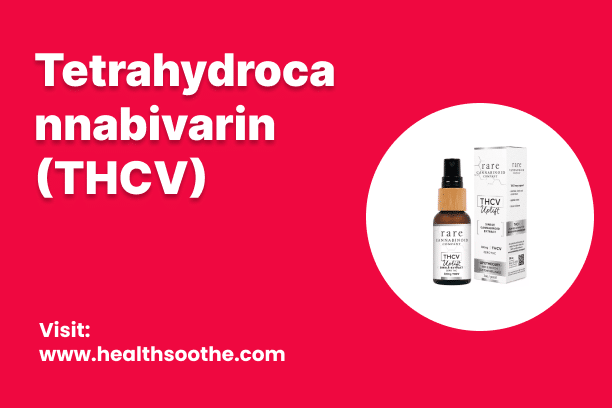One of the best things you can do when your loved one has been diagnosed with Dementia is to learn about the nature and progression of the disease. Dementia is a degenerative disease meaning that it gets worse over time. Depending on when it is detected, symptoms can be very mild upon diagnosis, and cognitive functioning can still be intact. As the disease progresses, the impact of the disease on one’s life can become more apparent and debilitating.
Medical professionals often break down Dementia into seven steps. It is important to remember that the progression of the disease will be different in everyone. Some people may appear to skip some stages entirely or may never decline to the later stages of the disease. Still, having a comprehensive understanding of the general course of the disease can help the loved ones of someone living with Dementia prepare themselves for what is to come.
It can feel scary and isolating when your loved one is diagnosed with Dementia. Know that you are not alone and that there are resources to help both you and your loved one. Consider seeking reliable at home Dementia care options for your loved one and support groups for yourself to help make this transition as easy as possible for everyone involved.
Stage 1: No Cognitive Decline and Normal Behavior
The first stage of Dementia is normal functioning. Individuals will not present any signs and symptoms of the disease and are considered mentally healthy.
Stage 2: Very Mild Cognitive Decline
In the second stage, individuals may start to display forgetfulness that can be attributed to normal aging. At this stage, symptoms will likely not be noticeable to loved ones or medical professionals. The individual themselves may start to notice, however, that they are becoming slightly more forgetful than usual.
Stage 3: Mild Cognitive Decline
By the third stage, signs of cognitive decline may become more evident to loved ones. Early intervention can be highly beneficial for the health and safety of individuals living with Dementia. Getting a care plan in place early can make it much easier for everyone involved.
If your loved one is presenting the following symptoms, you should consider getting them assessed.
- Increase in memory lapses
- Difficulties with communication and speech
- Inability or difficulty focusing and concentrating
- Faulty reasoning and judgment
Stage 4: Moderate Cognitive Decline/Early Dementia
In the fourth stage, symptoms that started to develop in the third stage will increase and may affect more areas of the individual’s life. Individuals can often be in denial about their symptoms at this stage and may withdraw from friends and family.
Stage 5: Moderate-to-Severe Cognitive Decline
Confusion and disorientation can both become prevalent in the fifth stage. Individuals may also start to require additional assistance in completing common daily tasks, such as getting dressed and feeding themselves.
Stage 6: Severe Cognitive Decline
In the sixth stage, individuals may need more things done entirely for them, such as bathing and dressing. Memories from the past may start to fade, they may experience weight loss, and changes in personality and emotional state may become evident.
Stage 7: Very Severe Cognitive Decline
By the seventh stage, it is likely that individuals will not be able to speak or communicate, will require assistance with most things, will not be able to walk, and will lose their motor skills. At this stage, if your loved one isn’t already receiving additional care, it may be time to consider it.








